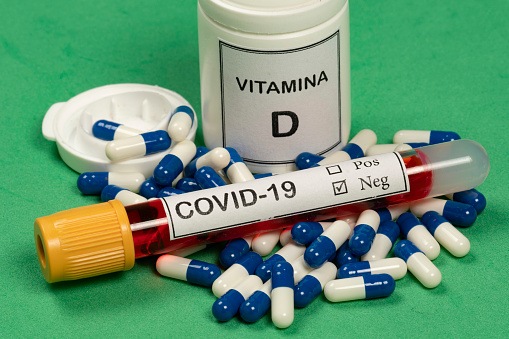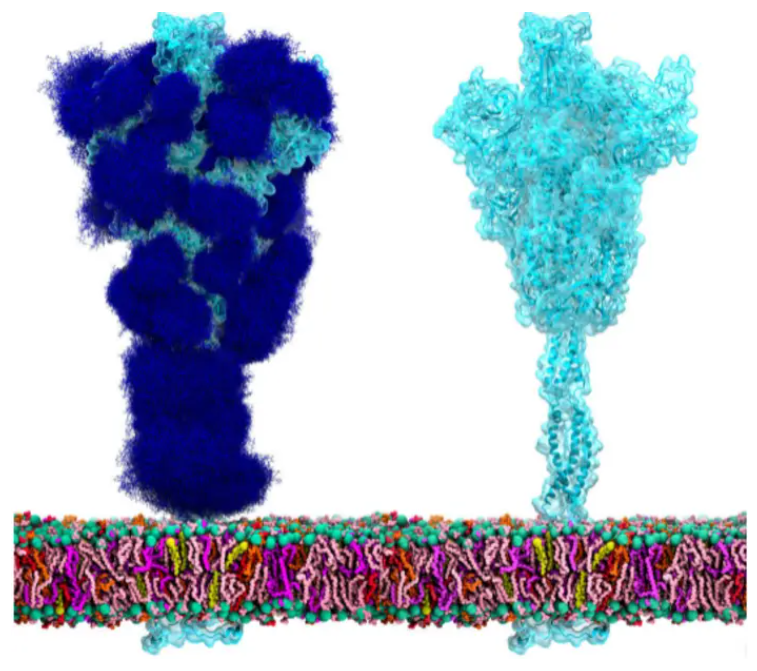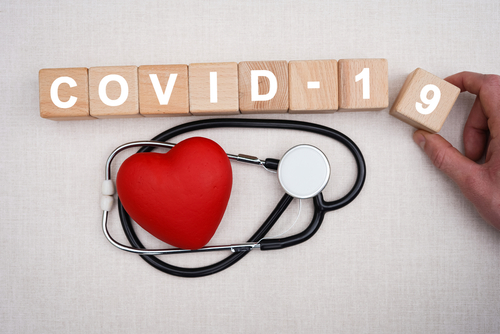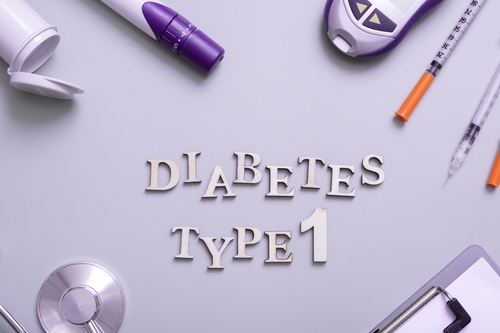
People who are vitamin D deficient have a greater risk of COVID-19 infection, according to a study published in JAMA Network Open.
In this retrospective cohort study, researchers evaluated 489 patients for vitamin D deficiency. Patients were considered vitamin D deficient if their most recent serum vitamin D levels were less than 20 ng/mL for 25-hydroxycholecalciferol one year before their first COVID-19 test, and deemed not deficient if their most recent levels were equal to or greater than 20 ng/mL or equal to or greater than 18 pg/mL. The researchers categorized vitamin D status before COVID-19 testing as likely deficient for 25% of participants (n=124), likely sufficient for 59% (n=287), and uncertain for 16% (n=78). The primary endpoint was defined as a positive COVID-19 polymerase chain reaction (PCR) test result.
According to the study results, 15% (n=71) of patients tested positive for COVID-19. An analysis revealed that testing positive for COVID-19 was linked to increasing age up to 50 years (relative risk=1.06; 95% CI, 1.01 to 1.09; P=.02); non-White race (RR=2.54; 95% CI, 1.26 to 5.12; P=.009), and likely deficient vitamin D status (RR=1.77; 95% CI, 1.12 to 2.81; P=.02) compared with likely sufficient vitamin D status.
This study had its limitations. Firstly, the researchers noted, vitamin D deficiency may be a consequence correlated with a litany of chronic health conditions or behavioral factors that could augment the risk of COVID-19. They wrote that, “Nevertheless, the results are robust to including a broad set of demographic and comorbidity indicators that have either physiological reasons for consideration or have been suggested to influence COVID-19 outcomes.”
Secondly, they further noted that neither patients who were vitamin D deficient and had increased treatment nor patients who were not deficient in vitamin D who had decreased treatment were more likely than patients who were not vitamin D deficient and at least maintained their current treatment to test positive for COVID-19.
Cohort study finds deficient #vitaminD status is associated with increased risk of #COVID19. @huicorinnazhang @futuredocs @CHeSS_UChicago @uchicagohospmed @uchicagomed https://t.co/0f1nJOTaRf
— JAMA Network Open (@JAMANetworkOpen) September 3, 2020
“The findings of this study suggest a role of vitamin D status, based on deficiency of levels and treatment, in risk of COVID-19 infection,” the research authors concluded.
“Randomized clinical trials of interventions to reduce vitamin D deficiency are needed to determine if those interventions could reduce COVID-19 incidence, including both broad population interventions and interventions among groups at increased risk of vitamin D deficiency and/or COVID-19.”
In a retrospective study of patients tested for #COVID-19, researchers found an association between #VitaminD deficiency and the likelihood of becoming infected with the coronavirus.https://t.co/TRuaGMZX9P
— Atique Ahmed, PhD (@atiqueahmedphd) September 3, 2020
Association of Vitamin D Status and Other Clinical Characteristics With COVID-19 Test Results https://t.co/ppolt3q1dG via @JAMANetworkOpen part of @JAMANetwork
— William B. Grant, PhD (@wbgrant2) September 3, 2020







 © 2025 Mashup Media, LLC, a Formedics Property. All Rights Reserved.
© 2025 Mashup Media, LLC, a Formedics Property. All Rights Reserved.